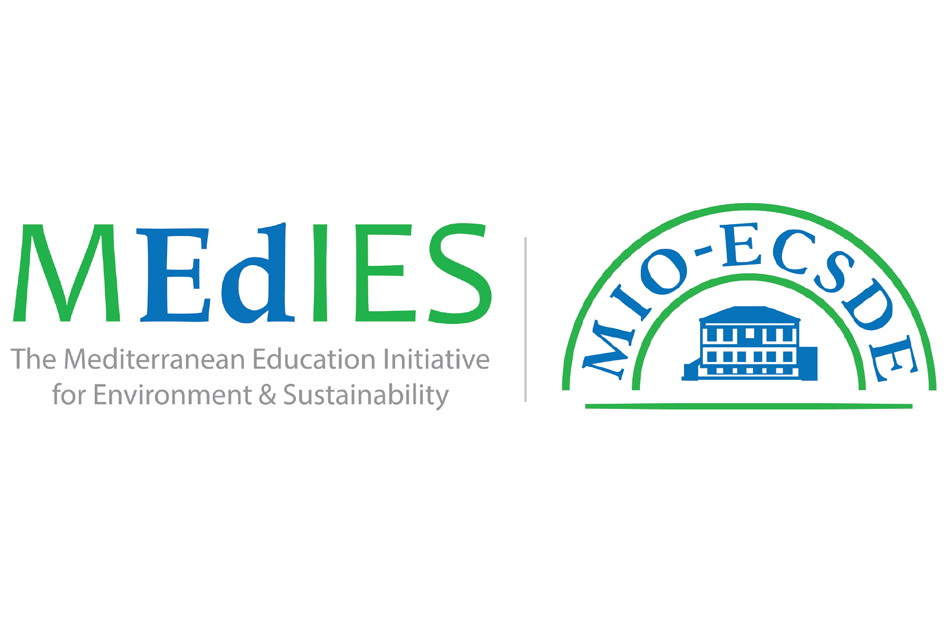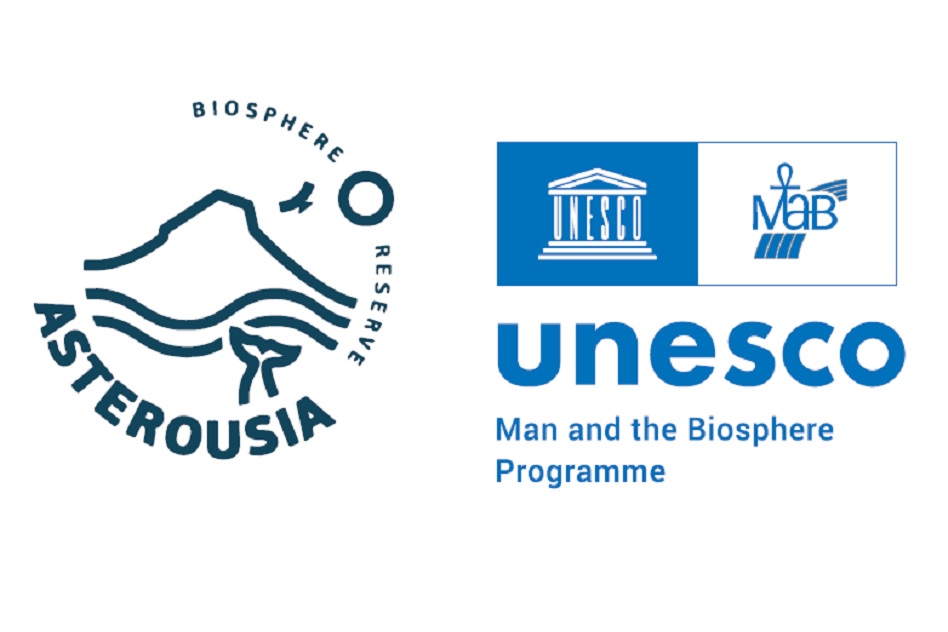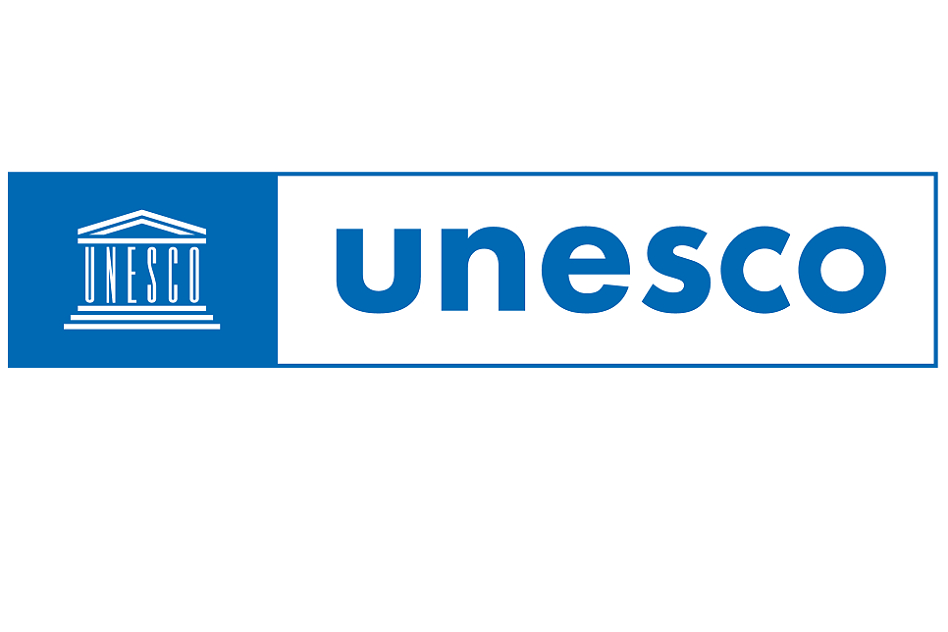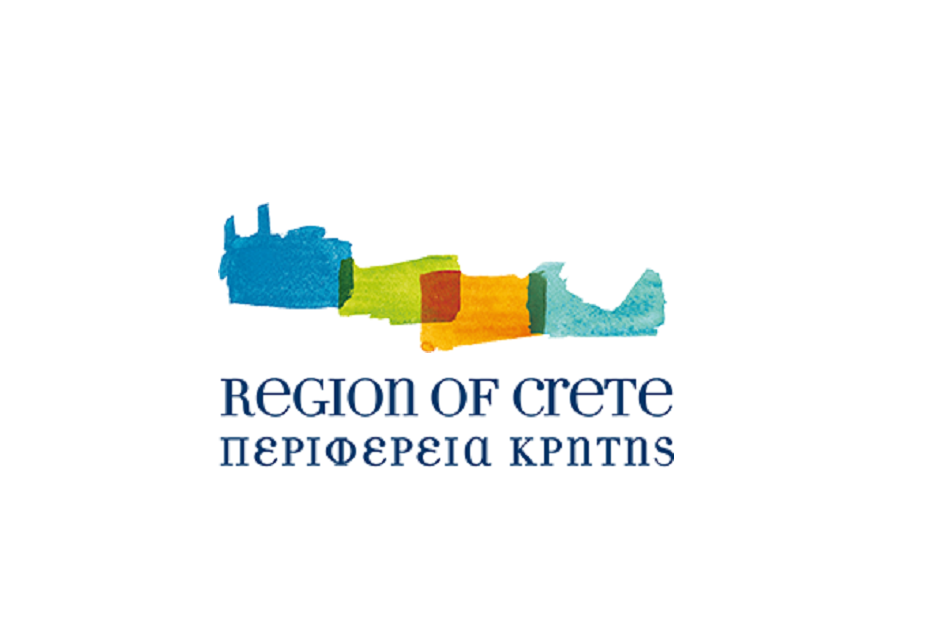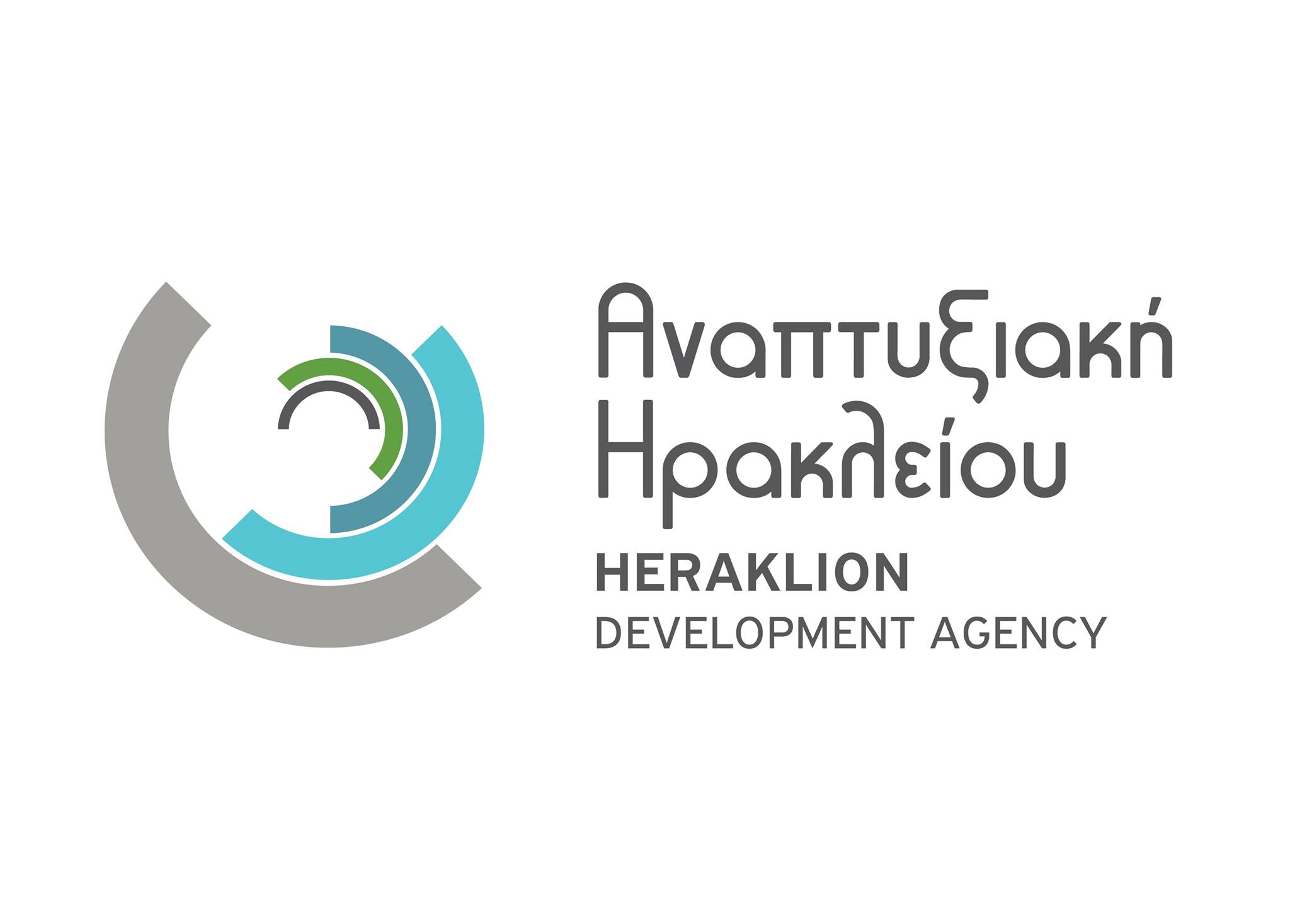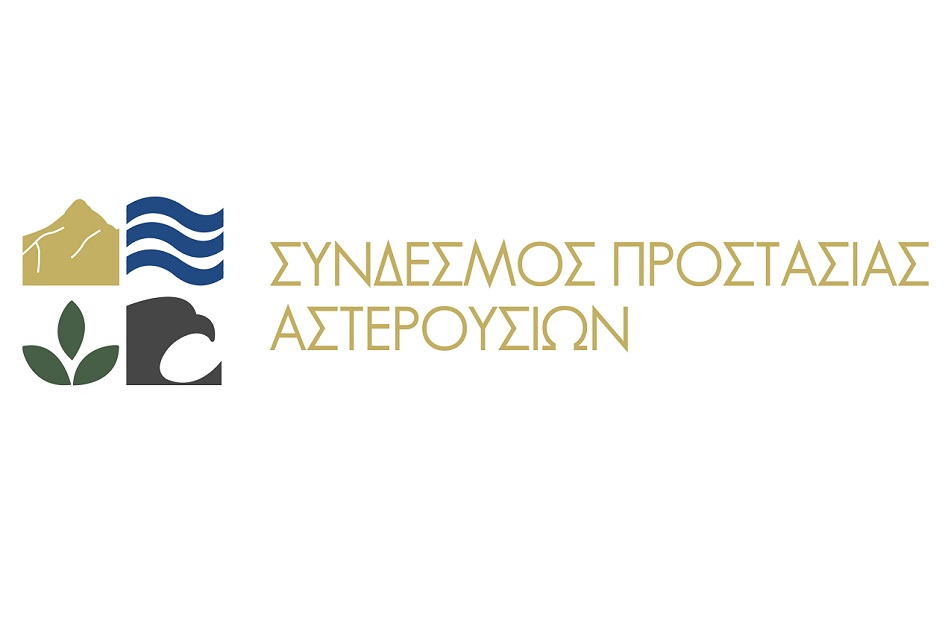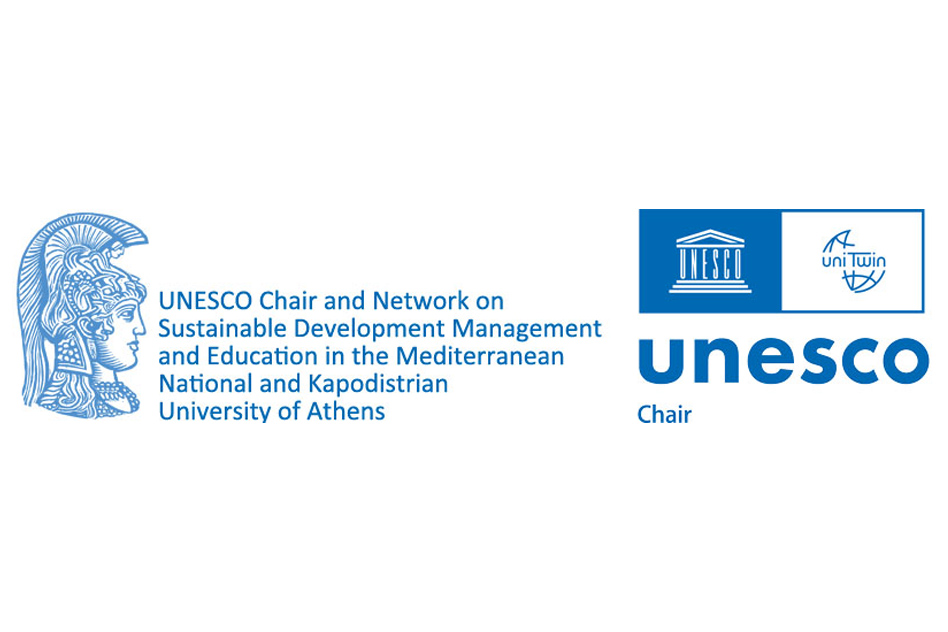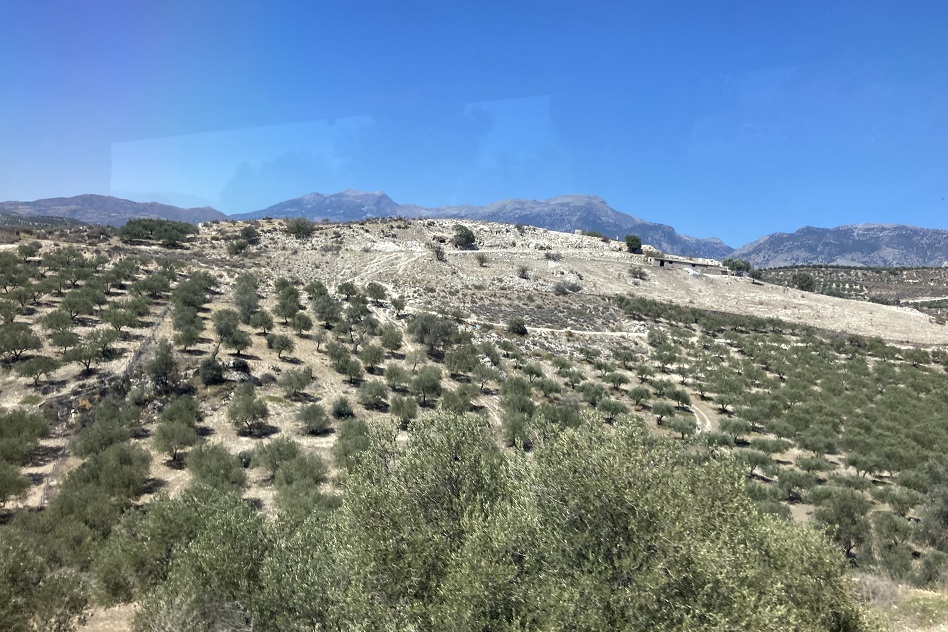Asterousia 2024 - 2025
Integrated Management in Biosphere Reserves and other Designated Sites of South-East Europe & the Mediterranean. This year we will focus on SDG 15 ‘Life on Land’ terrestrial (and aquatic) ecosystems within the context of integrated management approaches.
Following the successful Summer Universities organized jointly by MIO-ECSDE and the UNESCO Regional Bureau for Science and Culture in Europe for a number of years, and since the designation of the Asterousia BR, also the Region of Crete (Heraklion Development Agency) and the Local Management Committee of Asterousia, this year the event will takes place once again in a hybrid format and is entitled “Integrated Management in Biosphere Reserves and other designated areas in South East Europe and the Mediterranean”.
The Asterousia Hybrid University is split n two phases, with
- Phase A taking place face-to-face for up to 25 international and local participants, in and around Asterousia BR, between 21 and 25 October 2024, and
- Phase B taking place online, 27 January to 16 February 2025, for up to 100 participants , as a 3-week long event to capitalize and broaden the outcomes of Phase A.
It is mandatory for that are selected to participate in Phase A, to follow also Phase B.
PHASE B IN A NUTSHEL
When: 27 January to 16 February 2025 (3 weeks)
Where: online
For whom: Post graduate students, young researchers, educators and managers of existing and candidate Biosphere Reserves and other designated areas.
Class size: around 100 online learners.
Format: It combines asynchronous (self-paced) and synchronous sessions (weekly live meetings).
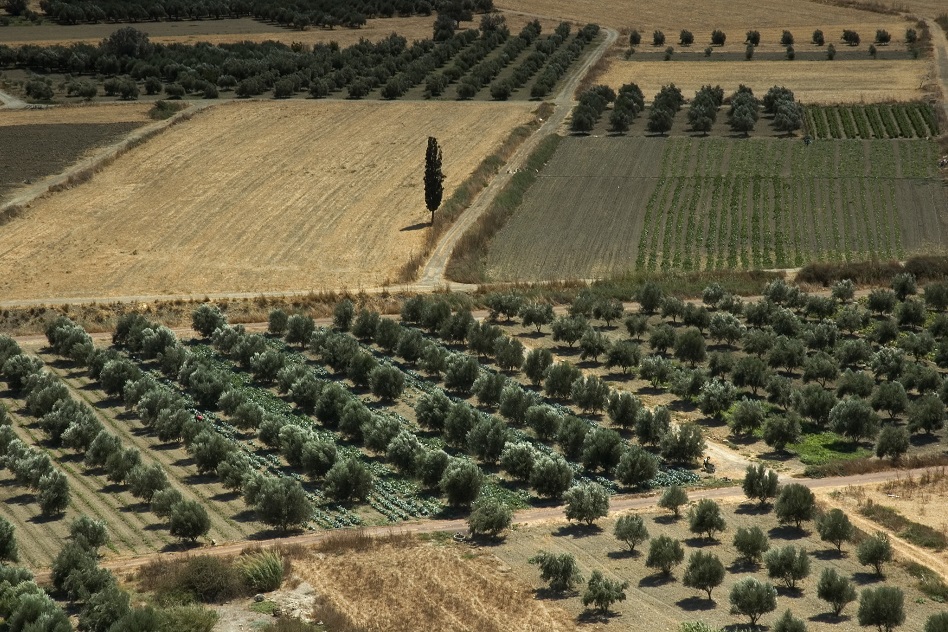
2024-2025 Focus Theme
The main theme this year was SDG 15 ‘Life on Land’ and SGD 6 ‘Water’ specifically terrestrial (and aquatic) ecosystems within the context of integrated management approaches such as the the Water-Energy-Food-Ecosystems (WEFE) nexus. Specific sub-topics to be covered through the lectures, workshops, field-visits and peer learning activities are:
-
- How local actions in BRs and other sites can be good practices, could be monitored and could provide data that could be used as indicators to help meet the SDG 15 targets
- Biodiversity Assessments | Establishing Monitoring Systems to track progress
- Freshwater related challenges in BRs (e.g. land use, soil degradation, intensive agriculture, pollution, overexploitation, etc.) and solutions, including Non-Conventional Water Resources and small reservoirs
- Good practices from Ecohydrology demonstration sites
- Degraded Habitat Restoration projects such as tree-planting, reforestation and wetland restoration.
- Sustainable eco / agro tourism practices
- The role of Community engagement | Youth | Citizen Science approaches under the umbrella of Education for Sustainable Development (ESD)
Organisers
The main organisers & sponsors of the 2024 Hybrid University are:
- The UNESCO Regional Bureau for Science and Culture in Europe (Link)
- Region of Crete (Link)
- Heraklion Development Agency (Link)
- The Local Management Committee of Asterousia
- UNESCO Chair and Network on Sustainable Development Management and Education at the University of Athens (UoA)
- The Greek National Committee of the MAB/UNESCO Programme
- Mediterranean Information Office for Environment, Culture and Sustainable Development (MIO-ECSDE) through the MEdIES initiative (Link MIO-ECSDE, Link MEdIES)
Other contributors: The Hybrid University will bring together a series of actors involved with freshwater or marine water management in and around the Asterousia BR, including:
- Romanian Science UNESCO network
- Natural History Museum of Crete
- Association for the Protection of Asterousia (Link)
